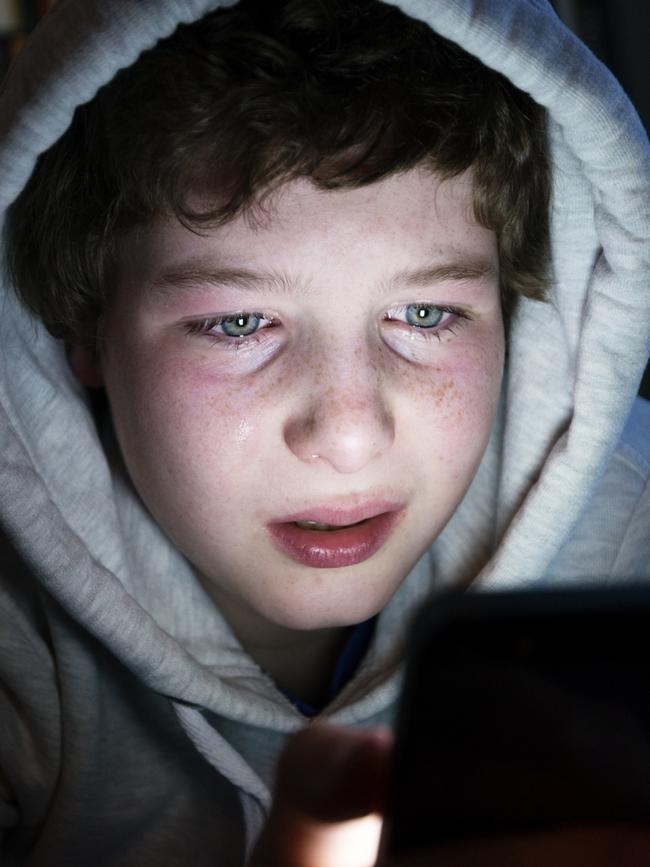Taking away devices is not the answer to cyber-bullying, researchers say
Taking tech away from bullied children could be cutting them off from critical social support networks, researchers say, as they urge parents not to take devices away from victims.
SA News
Don't miss out on the headlines from SA News. Followed categories will be added to My News.
- Physical, verbal bullying bigger issue than cyber-bullying
- Cyber-bullying takes up too much teachers’ time: principals
- Flinders develops anti-cyber-bullying classroom guide
Parents are being warned against taking devices away from cyberbullied children in an attempt to solve the problem as it may be removing their “lifeline”, UniSA researchers say.
Surveys of about 230 South Australian high school students found the better connected they were to their peers, school and community, the less likely they were to suffer depression, anxiety and stress if they were cyberbullied.

The researchers, including UniSA’s Professor Barbara Spears and Dr Carmel Taddeo, say the results point to the need for more education on the importance of remaining socially connected, not removing devices.
“A common misconception from parents is that taking technology away is the solution to cyber-bullying,” the authors conclude.
“While this may be how young people are being bullied online, it is also how young people remain connected to their friends and may sometimes be their lifeline.
“If young people feel more connected with their peers online than offline, then removing the technology from their lives could be harmful.”
The surveys of students from six public and two private schools found 58.5 per cent had experienced some form of cyber-bullying in the previous school term.
More than 30 per cent had been both victims and bullies, known as “cyberbully-victims”. This was “a particularly vulnerable group” prone to stress, anxiety and depression.
While connectedness could be a “buffer” against mental health problems for victims, it might not have the same effect for bullies. It might also not be as effective for boys as for girls.
The study’s lead author was Dr Larisa McLoughlin of the University of the Sunshine Coast.
Originally published as Taking away devices is not the answer to cyber-bullying, researchers say



